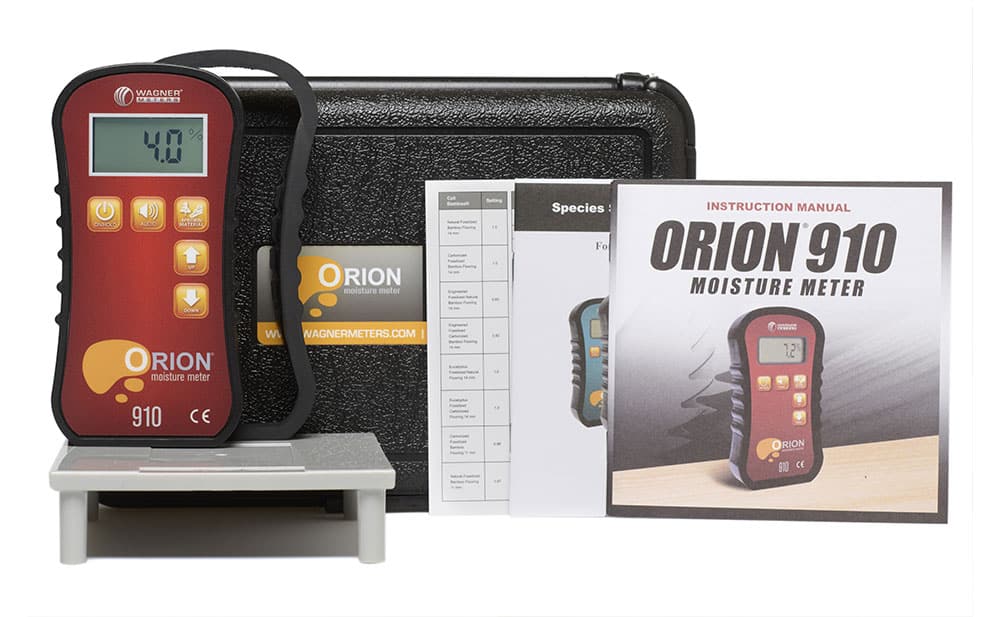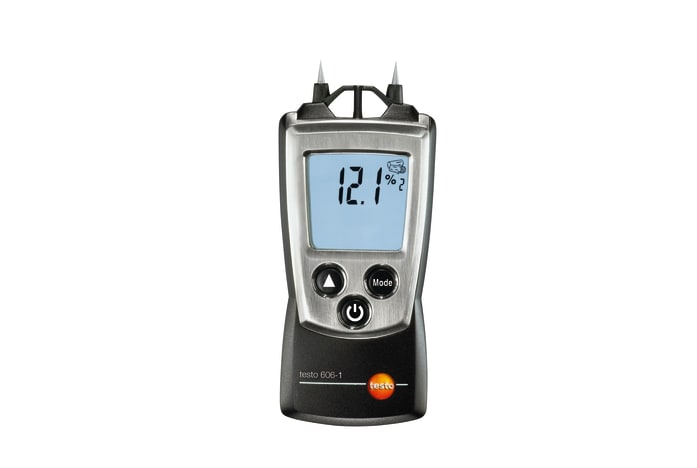Why Every Homeowner Needs a Moisture Meter: Key Benefits and Functions
Why Every Homeowner Needs a Moisture Meter: Key Benefits and Functions
Blog Article
The Ultimate Guide to Moisture Meters: A Comprehensive Review and Just How They Can Save You Money
In the realm of structure maintenance, building, and numerous markets, the significance of properly measuring moisture degrees can not be overstated. Wetness meters function as important tools in spotting and monitoring moisture web content in products, helping in protecting against pricey damages and making certain the top quality of products. Recognizing the nuances of different kinds of dampness meters, their applications, and the prospective cost-saving advantages they provide can be a game-changer for professionals and companies alike. Discovering exactly how these tools can not only simplify procedures however also add to economic savings is a trip worth starting.
Kinds Of Dampness Meters
One common kind is the pin-type wetness meter, which measures the electrical resistance between 2 pins placed into a material. Pinless dampness meters, on the other hand, usage electro-magnetic sensor plates to check a larger location without causing damages to the material's surface.

Infrared dampness meters gauge the thermal properties of a material to identify its wetness web content non-invasively, making them useful for applications where pin or pinless meters might not be appropriate. Understanding the different kinds of wetness meters readily available can help markets choose the most appropriate device for their certain dampness measurement demands.

Advantages of Making Use Of Wetness Meters
Wetness meters use invaluable benefits in accurately analyzing and keeping track of moisture degrees in diverse products and environments. One of the key benefits of utilizing moisture meters is the avoidance of possible damage created by excess dampness.
Additionally, making use of moisture meters can bring about increased energy performance. By identifying areas with high dampness levels, such as leaks or poor insulation, changes can be made to improve power preservation and reduce utility costs. In farming settings, dampness meters play an essential duty in maximizing plant returns by allowing farmers to keep track of soil moisture levels and make informed irrigation choices. Generally, the advantages of using wetness meters extend throughout different markets, giving affordable solutions and advertising far better quality assurance practices.
Just How to Pick the Right Moisture Meter
When picking a wetness meter, it's crucial to ensure that the meter is suitable for the details product you will be testing. Different products have differing electrical residential properties that can impact moisture analyses, so choosing a meter designed for your product is vital for precise results. By meticulously examining these elements, you can pick a wetness meter that see post meets your demands and offers accurate dampness measurements for your tasks.
Proper Strategies for Wetness Meter Use

Expense Savings Through Wetness Meter Applications
Exactly how can the critical use of moisture meters cause significant cost savings across numerous industries? Dampness meters play a crucial duty in expense financial savings by stopping possible damage and guaranteeing top quality control in different fields. In the farming industry, dampness meters help in identifying the optimal time for harvesting crops, stopping excess or over-drying moisture that can affect the last product's top quality. This precise monitoring aids farmers stay clear of unnecessary losses and maximize their yield.
Similarly, in building, wetness meters help stop pricey damages by discovering wetness degrees in building materials, such as wood or concrete, which can result in architectural issues if not resolved immediately. By recognizing trouble locations early, service providers can take rehabilitative procedures to avoid extensive repairs or replacements, eventually saving time and money.
Furthermore, in the food processing industry, moisture meters are crucial for keeping track of product high quality and making certain compliance with security policies. By precisely gauging wetness web content in food, suppliers can stop perishing, preserve freshness, and minimize waste, resulting in substantial expense financial savings. On the whole, the critical application of dampness meters is an important financial investment that can lead to substantial expense reductions and enhanced efficiency throughout numerous markets.
Verdict
To conclude, moisture meters are beneficial tools for spotting and measuring wetness degrees in different products. By making use of the right dampness meter and adhering to proper techniques, individuals can successfully avoid costly problems triggered by excess moisture. Buying a top quality dampness meter can result in significant price financial savings in the future by recognizing prospective issues at an early stage and enabling timely remediation. Eventually, moisture meters are crucial tools for keeping the integrity and durability of materials and frameworks.
Wetness meters offer as indispensable devices Visit Website in identifying and monitoring moisture web content in products, aiding in preventing pricey problems and guaranteeing the high quality of items. Infrared wetness meters measure the thermal homes of a product to identify its moisture content non-invasively, making them useful for applications where pin or pinless meters might not be ideal.Moisture meters use indispensable benefits in properly assessing and monitoring moisture levels in diverse materials and atmospheres. In agricultural setups, moisture meters play an important function in enhancing crop returns by enabling farmers to keep an eye on soil moisture levels and make informed irrigation decisions.In final thought, dampness meters are beneficial devices for spotting and gauging moisture degrees in various materials.
Report this page